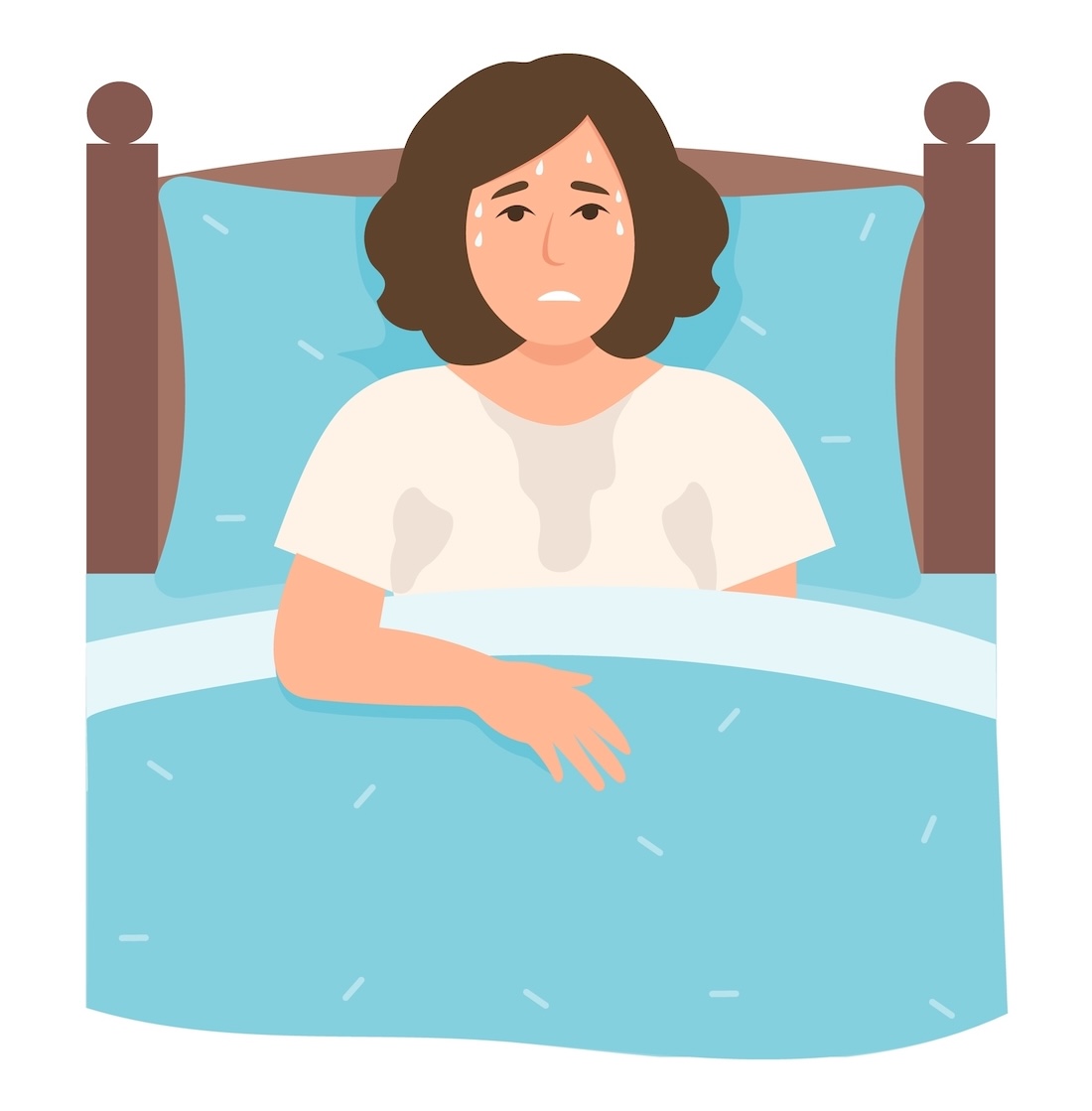Standard treatment for women who have had breast cancer is anti-estrogen therapy using aromatase inhibitors. But this treatment has serious implications for cardiovascular and bone health, as well as other problems like hot flashes, incontinence, bone and joint pain. A recent survey by researchers in Southampton found that the incidence of hot flashes (or hot flushes as they say in UK) is much higher and more troublesome than previously thought. As explained in a press release, the study reported that 94% of women surveyed suffered from hot flashes, and 75% said it was a major problem in their life. Many even considered giving up their post-cancer therapy due to the hot flashes. Yet only 25% of women had been spoken to by their doctor about it.
For an alternative view on the issues of breast cancer therapy, and the potentially beneficial effect of natural hormones, be sure to visit our webpage Questioning Aromatase Inhibitors and the recently published research led by Dr. Lakshmanaswamy.



